The optimal diet for patients with cerebral circulation insufficiency
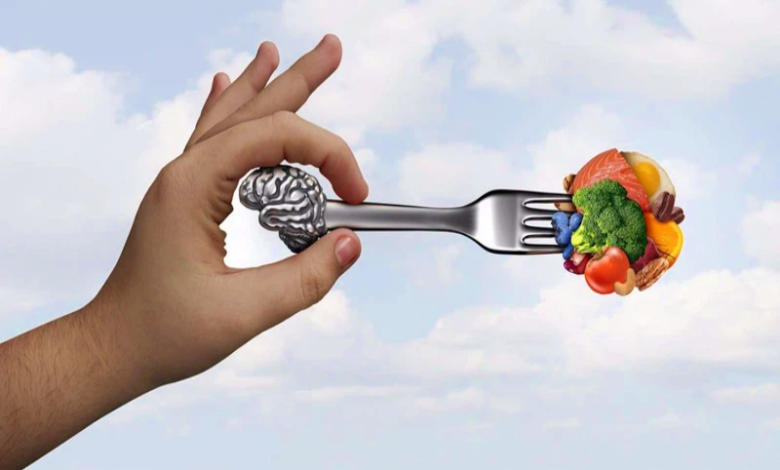
27
A healthy and proper diet plays an important role for patients suffering from cerebral circulation insufficiency. It is worth noting that this is effective in supporting treatment methods and preventing complications that cause many health risks. Therefore, it is necessary for us to work hard towards building a healthy and nutritious diet to protect brain health and improve the quality of life, and therefore we decided today to identify the best diet for patients with cerebral circulation insufficiency, so that it can be followed periodically and regularly.
Cerebral circulation insufficiency
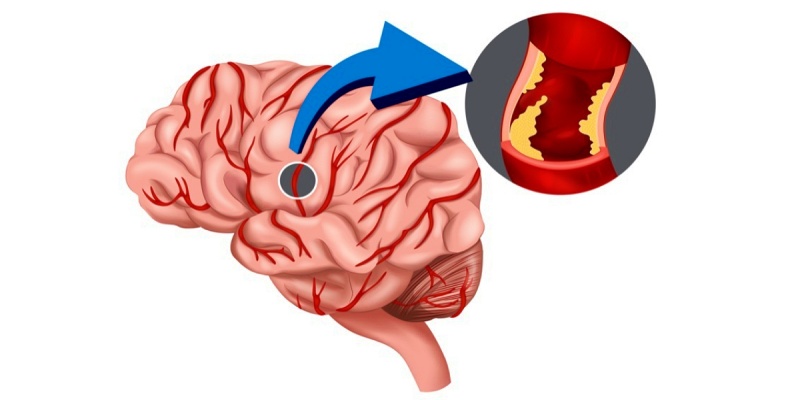

Cerebral circulation insufficiency
When talking about this disease, we must know that it is a weakness of blood flow to the brain, which leads to suffering from some chronic diseases such as high blood pressure, cerebral vascular sclerosis, heart valve disease, irregular heartbeat, and chronic kidney failure.
In addition, there are a number of major factors that increase the risk of developing diseases, such as alcoholism, smoking, stress, overweight, obesity, and excess weight.
The best nutrients for those suffering from cerebral circulation deficiency
To support treatment methods and prevent serious complications for patients with cerebral circulatory insufficiency, we must work hard to fully supplement the following essential nutrients:
First: vitamins B


B vitamins
When talking about vitamins B We must know the types of these multivitamins, which are as follows:
- Vitamin B1: This type of vitamin participates in energy metabolism and supports the efficient functioning of nerve cells.
- Vitamin B6: This vitamin is involved in the synthesis of neurotransmitters, supports cognitive function to improve memory, and reduce the risk of Alzheimer’s disease and intellectual dysfunction.
- Vitamin B12: Helps protect nerve cells from damage and improves cognitive function.
Food sources rich in B vitamins:
- Meats such as beef, chicken and salmon.
- Eggs: Chicken egg yolks are rich in vitamin B12.
- Milk and dairy products such as yogurt and cheese.
- Vegetables such as spinach, broccoli and asparagus.
- Whole grains such as brown rice, oats and whole wheat bread.
- Nuts such as almonds, walnuts and chia seeds.
Second: Vitamin C
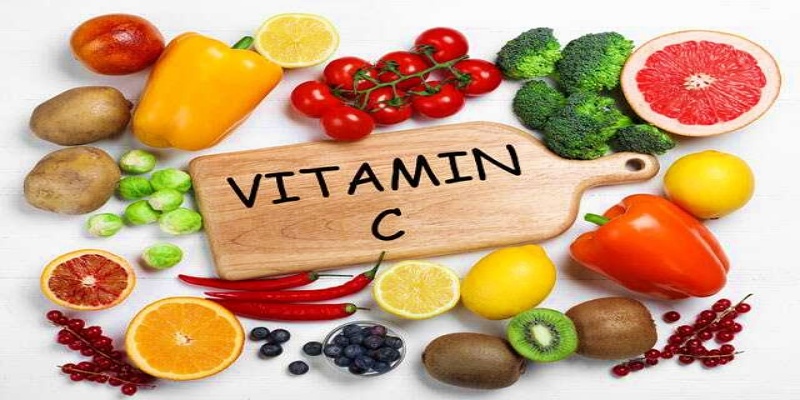

Vitamin C
Vitamin C is considered one of the best and most important vitamins that have an antioxidant effect, as it works to protect brain cells from free radical damage, helps strengthen the immune system, and reduces the risk of infection.
It is worth noting that the best food sources rich in vitamin C are as follows:
- Fruits such as oranges, tangerines, grapefruit, kiwi and strawberries.
- Vegetables such as sweet peppers and cauliflower.
Third: Vitamin E


Vitamin E
Vitamin E is also one of the best antioxidants as it helps improve blood circulation and protects brain cells from anemia.
Among the best food sources rich in vitamin E, we can mention the following:
- Nuts such as almonds, walnuts and sunflower seeds.
- Vegetable oils such as olive oil and sunflower oil.
- Fatty fish such as salmon, mackerel and tuna.
Fourth: Omega-3 fatty acids
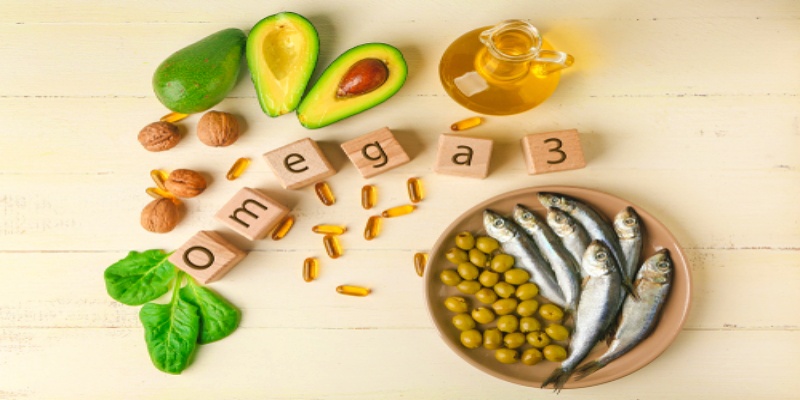

Omega 3 fatty acids
When talking about omega-3 fatty acids, we can mention DHA and EPA, which play an important role in the process of brain development and function. It is worth noting that these acids directly help in the process of improving memory and reducing the risk of Alzheimer’s disease, cardiovascular disease and stroke.
Food sources rich in omega 3:
- Fatty fish such as salmon, mackerel and tuna.
- Some types of seeds, such as chia seeds and flax seeds.
- Eggs: Chicken egg yolks, which are rich in omega-3 acids.
Fifth: Magnesium
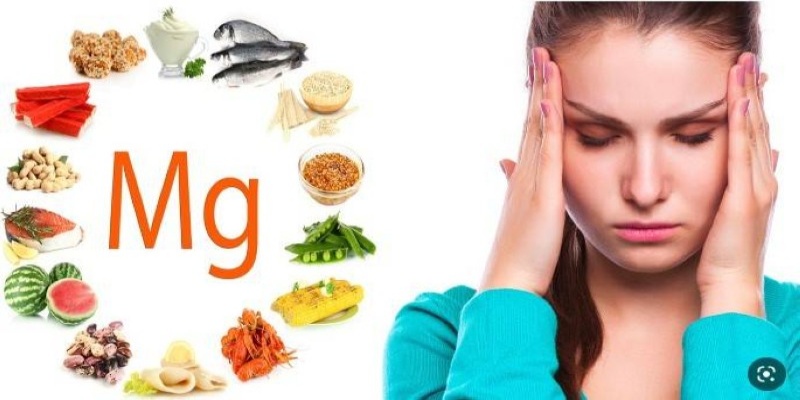

magnesium
This ingredient helps support the process of relaxing blood vessels, improving blood circulation, and reducing the risk of cardiovascular disease and stroke.
Among the best food sources rich in magnesium, we can mention the following:
- Vegetables such as spinach, broccoli, and okra.
- Nuts such as almonds, walnuts and pumpkin seeds.
- Whole grains such as brown rice, oats, and whole wheat bread.
- Dark chocolate is one of the effective ingredients that contains a high percentage of magnesium.
Sixth: L-Arginine
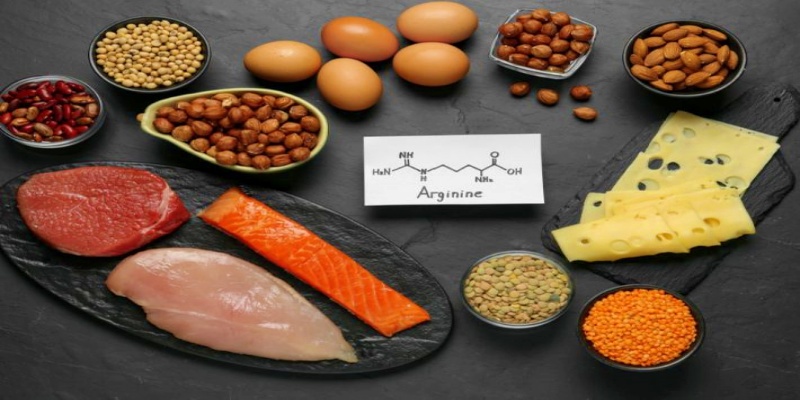

L-arginine
L-Arginine stimulates the production of nitric oxide, which helps dilate blood vessels, enhances blood circulation, improves cognitive function, and reduces the risk of cardiovascular disease and stroke.
Among the best food sources rich in L-arginine, we can mention the following elements:
- Red meat such as beef.
- Fish such as salmon and tuna
- Nuts such as almonds and walnuts.
- Milk and dairy products such as yogurt and cheese
In general, patients who suffer from cerebral circulation insufficiency should note that they must adhere to consuming these nutrients by following a healthy diet that includes a variety of foods, and if necessary, it is possible to resort to using some additional supplements with some vitamins. And minerals, as this must be done in accordance with the instructions of the specialist doctor.
Nutritional advice for people suffering from cerebral circulation insufficiency
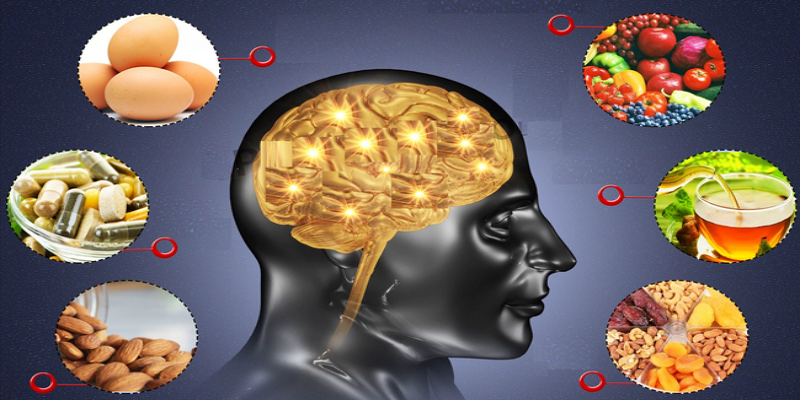

Nutritional advice for people who suffer from cerebral circulation insufficiency
- Work to eat a variety of foods to ensure an adequate supply of nutrients to the body.
- Limit the consumption of saturated fats and cholesterol, which are harmful to heart health. Priority should be given to the use of healthy monounsaturated and polyunsaturated fats.
- Limit salt intake to control blood pressure.
- Use fiber supplements, which help lower cholesterol, control blood sugar, and support the digestive system.
- Drink a sufficient amount of water, as this helps transport nutrients to the brain and other organs and thus helps purify the body.




